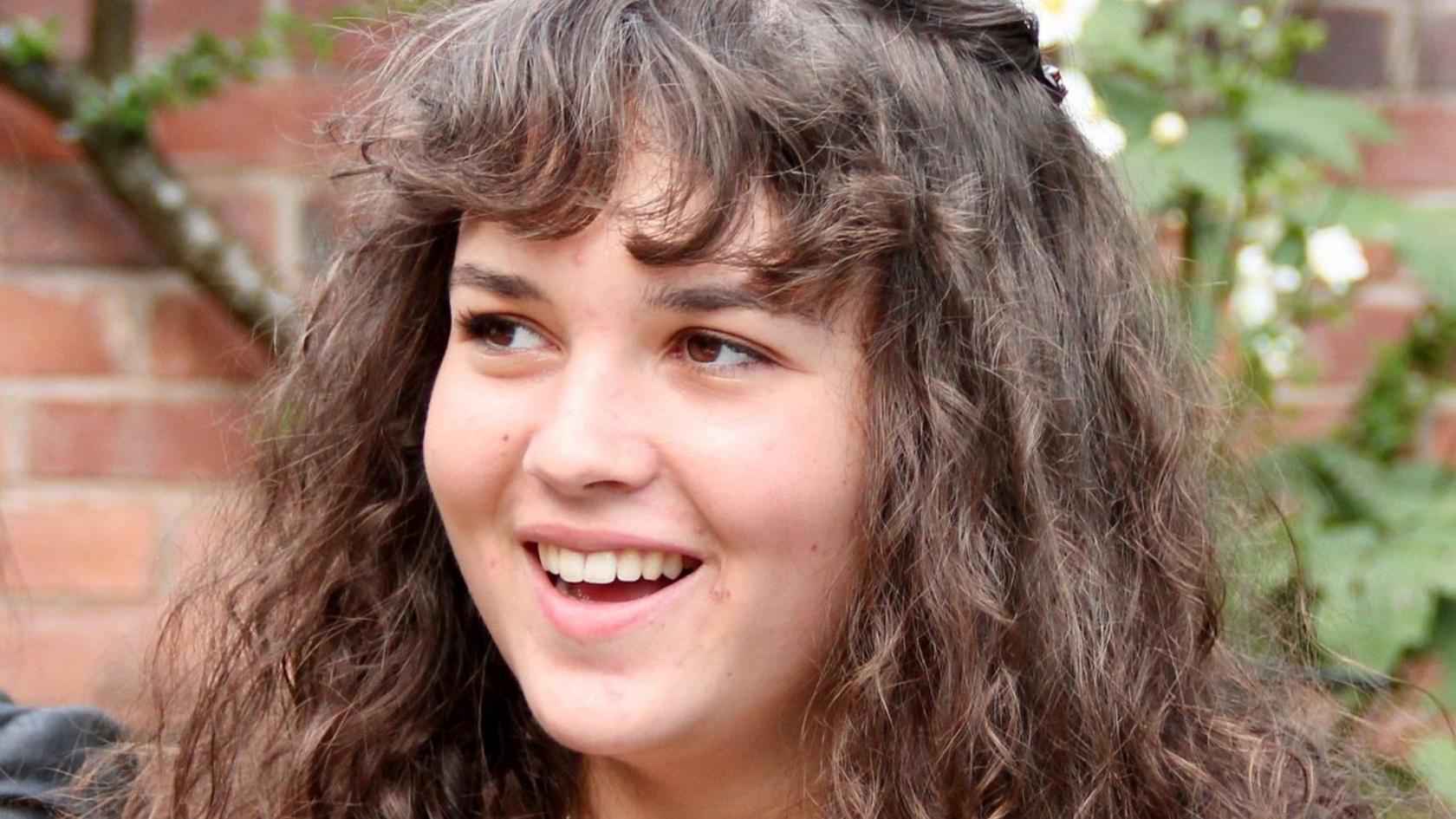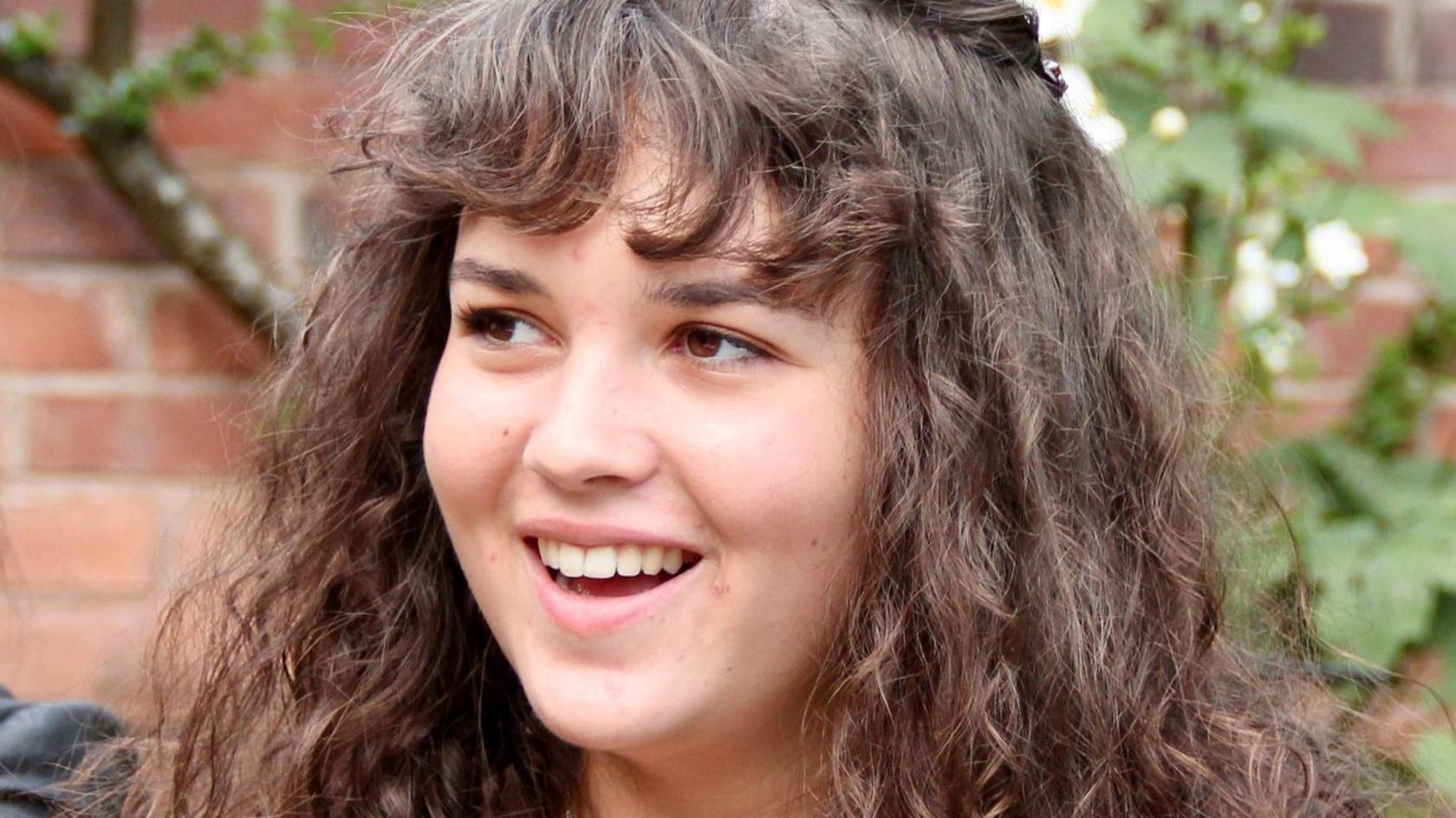ME patients face specialist bed shortage - inquest

Maeve Boothby-O’Neill died aged 27 at her home in Exeter
- Published
An inquest into the death of a woman with myalgic encephalomyelitis (ME) heard there was a shortage of specialist hospital wards to treat patients.
Maeve Boothby-O’Neill, who had been diagnosed with ME, died at home in Exeter in October 2021.
Prof David Strain, who works at the Royal Devon and Exeter NHS Foundation Trust, told the inquest: "I do not think there is a ward anywhere in the country that is appropriate to manage ME patients."
The consultant warned that there would be "more Maeves" if the trust was not better prepared.
'Tremendously stigmatised'
He said: "The trust is not equipped to deal with this, and we need to put a plan in place to make sure, if this happens again, that we don’t as an NHS fail people again with severe ME."
Prof Strain also told the inquest the disease had been "tremendously stigmatised" because there was no diagnostic test.
Assistant coroner Deborah Archer asked the expert about the view of Ms Boothby-O’Neill’s family that there was a "culture of disbelief" among staff at the Royal Devon and Exeter Hospital that ME was a real illness.
"Just because we can’t do a test for it, does not mean it is not real," he said.
"When I open a conversation like that it is very difficult for people to tell me this does not exist."
He added: "The difficulty we still face with ME is because it is unlikely to be a single disease, there is no one diagnostic test. That is still a barrier we face today."
The inquest, which is scheduled to last two weeks, continues.
Follow BBC Devon on X (formerly Twitter), external, Facebook, external and Instagram, external. Send your story ideas to spotlight@bbc.co.uk, external.
- Published23 July 2024
